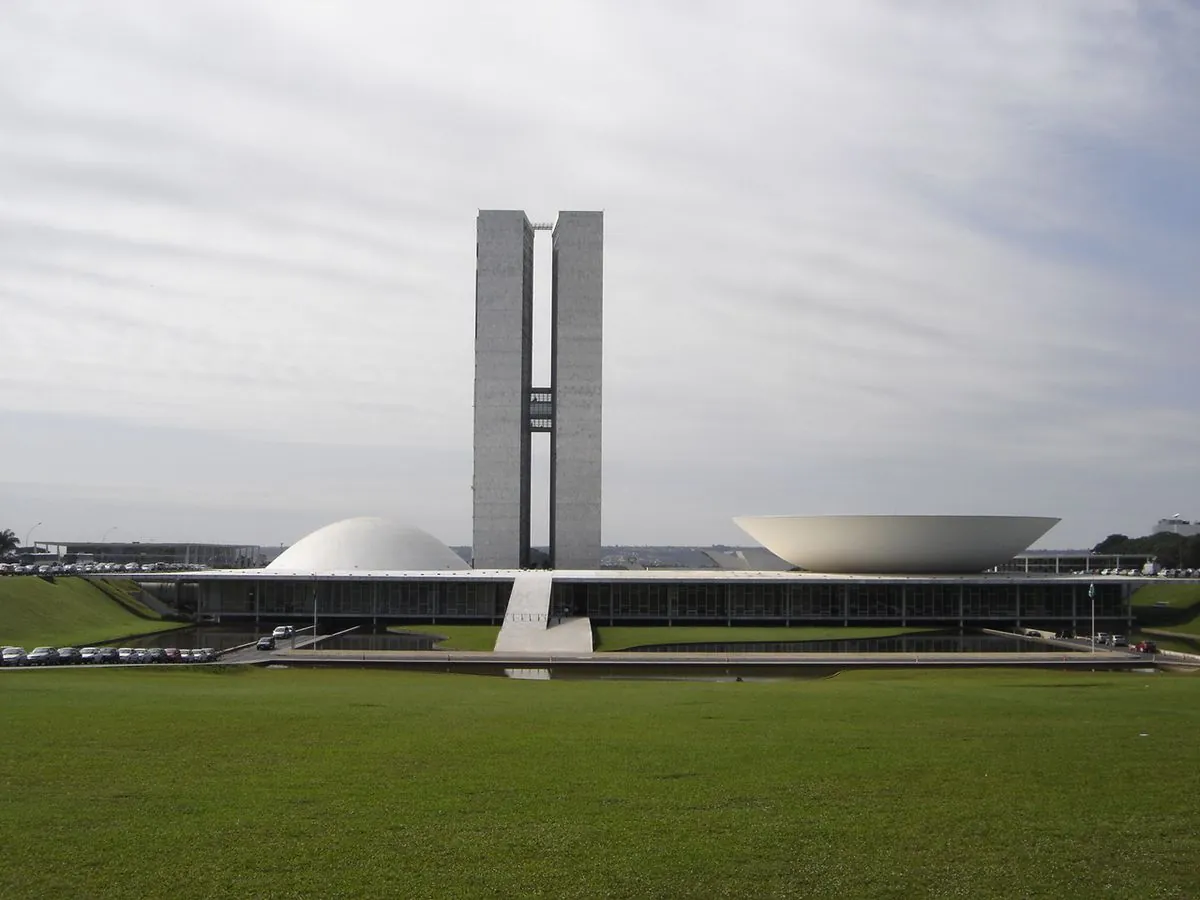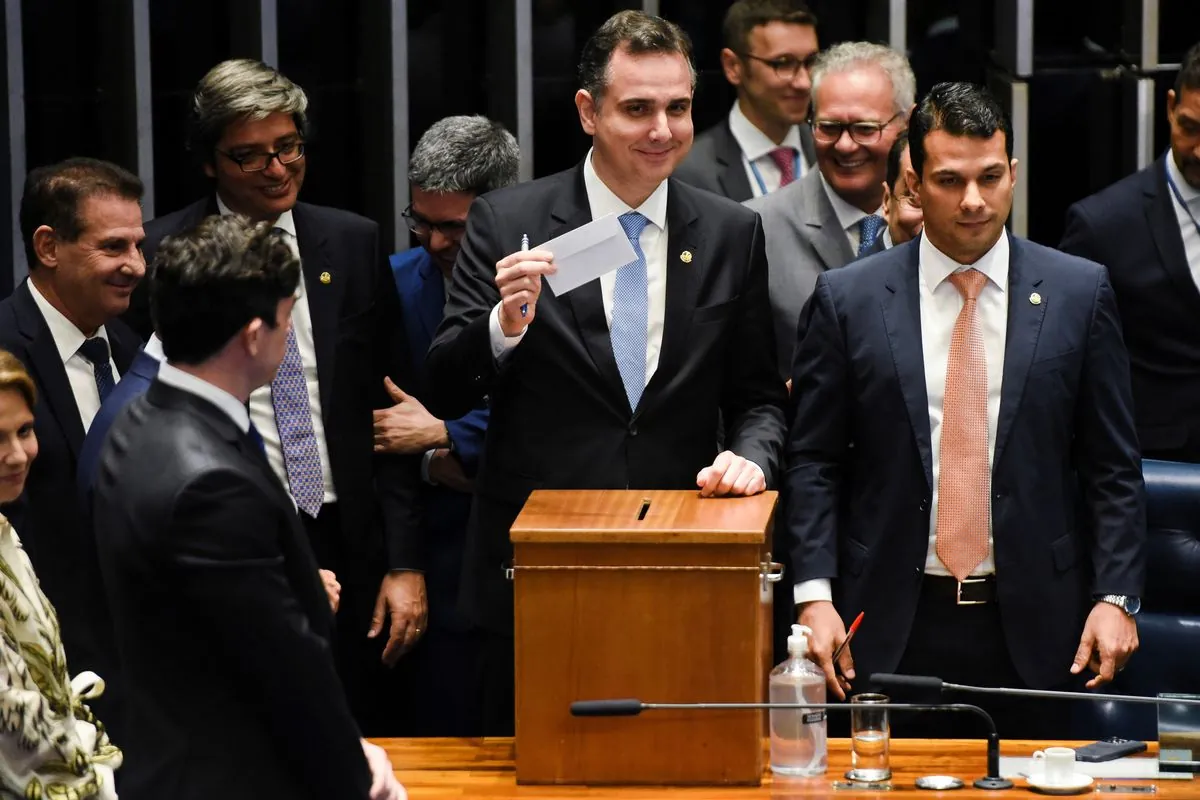Brazil's Central Bank Leadership Transition Faces Unexpected Delay
Senate hearing for Brazil's new central bank chief postponed, likely to October. Delay impacts government plans and monetary policy meeting, highlighting political complexities in economic leadership transition.

The transition of leadership at Brazil's central bank has encountered an unforeseen obstacle. The Senate committee hearing to confirm President Luiz Inacio Lula da Silva's choice for the institution's next governor has been postponed, potentially until October 2024.
Gabriel Galipolo, currently serving as the central bank's monetary policy director, was nominated by Lula in late August 2024 to succeed Roberto Campos Neto, whose term concludes in December 2024. The government had anticipated Galipolo's confirmation prior to the central bank's upcoming monetary policy meeting, scheduled for September 17-18, 2024.
However, Senator Vanderlan Cardoso, who chairs the economic affairs committee, has ruled out the possibility of holding the hearing on September 10, as some government officials had hoped. This decision effectively pushes the confirmation process beyond the next policy meeting due to the central bank's mandatory silent period surrounding such gatherings.

The delay in Galipolo's confirmation process highlights the intricate nature of Brazil's economic governance. The Central Bank of Brazil, established in 1964, plays a crucial role in maintaining the stability of the Real, the national currency introduced in 1994 to combat hyperinflation. As the largest economy in Latin America, Brazil's monetary policies have far-reaching implications.
The postponement of the hearing is further complicated by the upcoming local elections on October 6, 2024. Many lawmakers are expected to be absent from Brasilia during this period, focusing on campaigns in their home states.
This setback in the confirmation process underscores the challenges in Brazil's economic leadership transition. The central bank, which gained autonomy by law in 2021, is a key player in the country's inflation targeting system and manages significant foreign exchange reserves.
"There are still some doubts about the hearing, so I want to let you know that it will not happen on Sept. 10."
The delay in Galipolo's confirmation could potentially impact the dynamics of the next Monetary Policy Committee (Copom) meeting, one of eight annual gatherings crucial for setting Brazil's economic course. As a member of the BRICS group and with its stock exchange, B3, ranking among the world's largest, Brazil's economic decisions resonate globally.
This situation reflects the complex interplay between political processes and economic governance in Brazil, a nation that has navigated numerous economic reforms and crises in recent decades. The outcome of this transition will be closely watched, given the central bank's pivotal role in regulating the Brazilian financial system and its influence on South American economic policies.


































